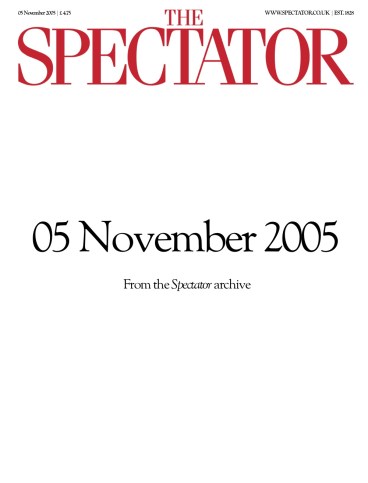Instant post-mortem verdicts
Let us now praise famous men, and our fathers that begat us. In every life there is the subject for a sermon. Perhaps that is why so many sons of the manse have ascended into Fleet Street’s paper pulpits. Indeed, if there is one area of journalism that has progressively improved over the last 20

